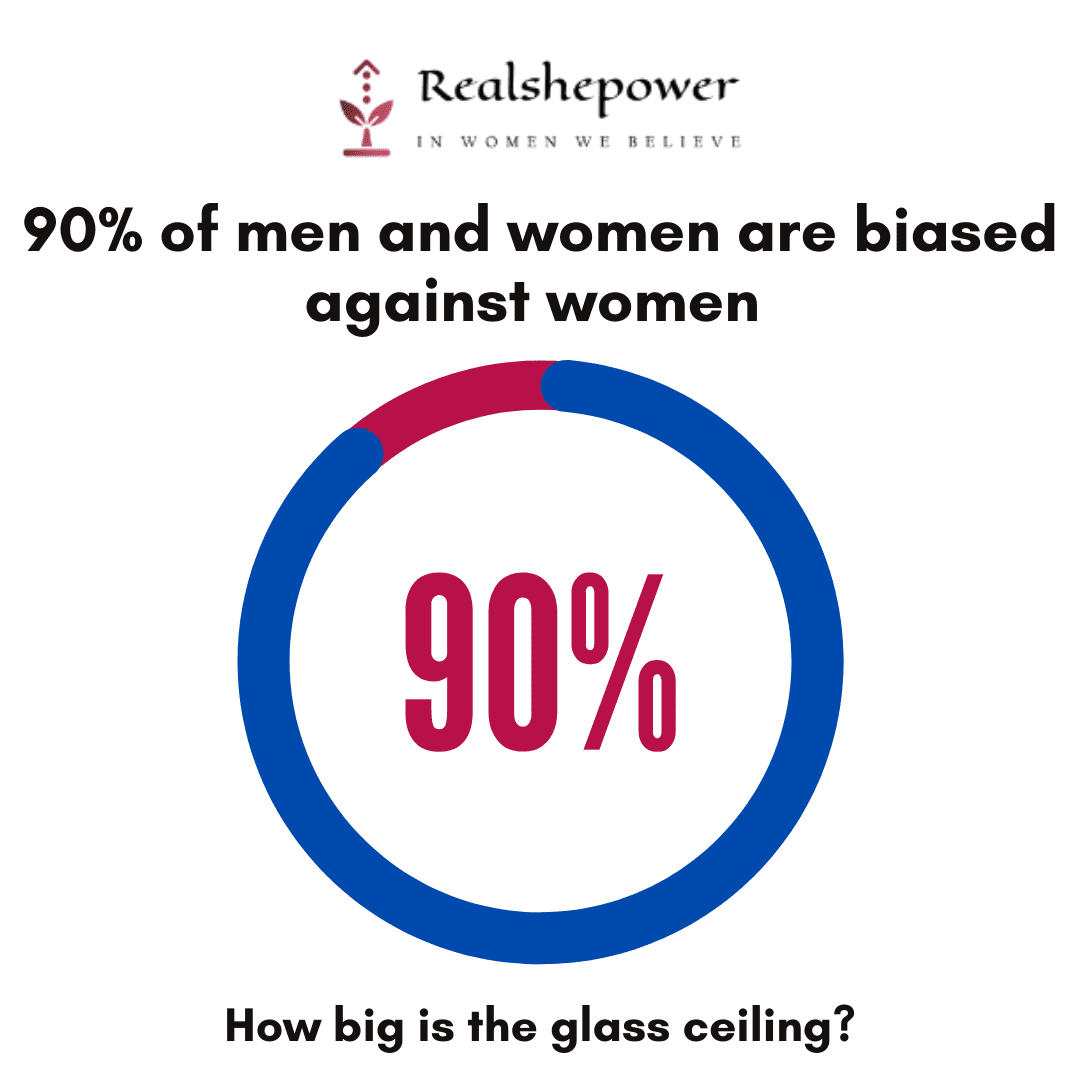90% of people are biased against women


A new United Nations Development Programme index called “gender social norm” has found that almost 90% of men and women hold some sort of bias against females.
The “Gender Social Norms” index analysed biases in areas such as politics and education in 75 countries.
According to their analysis, half of men and women feel that men make better political leaders.
- In China, 55% of people thought men were better suited to be political leaders.
- Around 39% of people in the US, which is yet to have a female president, thought men made better leaders.
- However, in New Zealand, a country that currently has a female leader, only 27% of people thought that.
More than 56% feel that men have more right to a job and/or make better business executives.
- In the UK, 25% of people thought men should have more right to a job than women and said men made better business executives than women did. In India, that figure was 69%.
- Almost a third of respondents think it is acceptable for men to hit their partners.
There are no countries in the world with gender equality, the study found.
Zimbabwe had the highest amount of bias with only 0.27% of people reporting no gender bias at all. On the other hand, 72% of people in Andorra reported no bias at all.
The Story doesn’t end here
According to the Pew Research Center:
- Women around the world, are equally likely to vote, but only 10% out of 193 heads of government are femal.
- Women are overrepresented in low-wage employment but represent only 21% of employers and 12% of billionaires.
- They are about equally represented in jobs at S&P Fortune 500 companies, but represent only 5.8% of the total CEOs, the index found.
People’s reaction to a woman’s pregnancy at work is a good example of how much bias still exists. In the United States, as recently as 2011, some employers fired employees on the spot who had become pregnant, as found in the report by the Center for WorkLife Law at the University of California’s Hastings College of the Law. Pregnancy discrimination is widespread and difficult to police. Primarily because this discrimination goes to the core beliefs of so many about what it means to be a woman and a mother. Many people still believe that motherhood is a woman’s supreme calling, and therefore if a woman has a child, she will place that child before her job and is unlikely to perform at a high professional level. This discrimination is embedded in our unarticulated beliefs about boys and girls, women and men.
As Pedro Conceição, head of UNDP’s Human Development Report Office rightly points out, “Today. the fight about gender equality is a story of bias and prejudices.”
“Today. the fight about gender equality is a story of bias and prejudices.” – Pedro Conceição
Raquel Lagunas, UNDP gender team acting director said: “We must act now to break through the barrier of bias and prejudices if we want to see progress at the speed and scale needed to achieve gender equality.”
